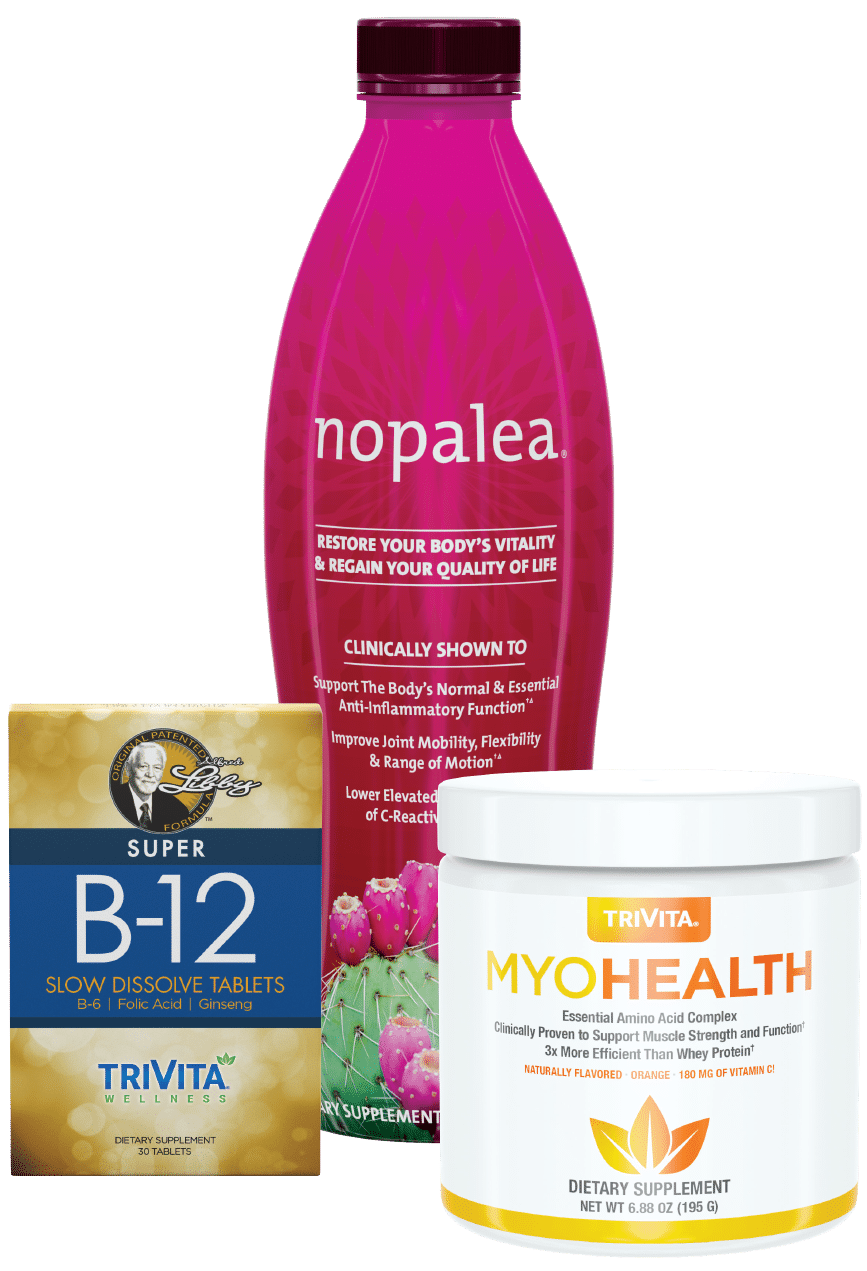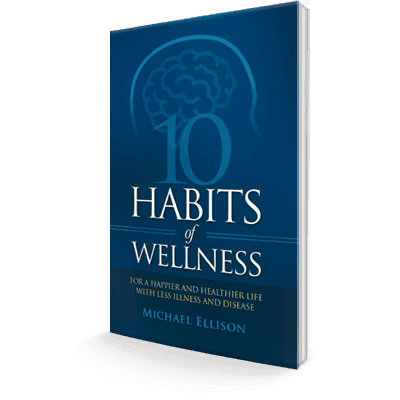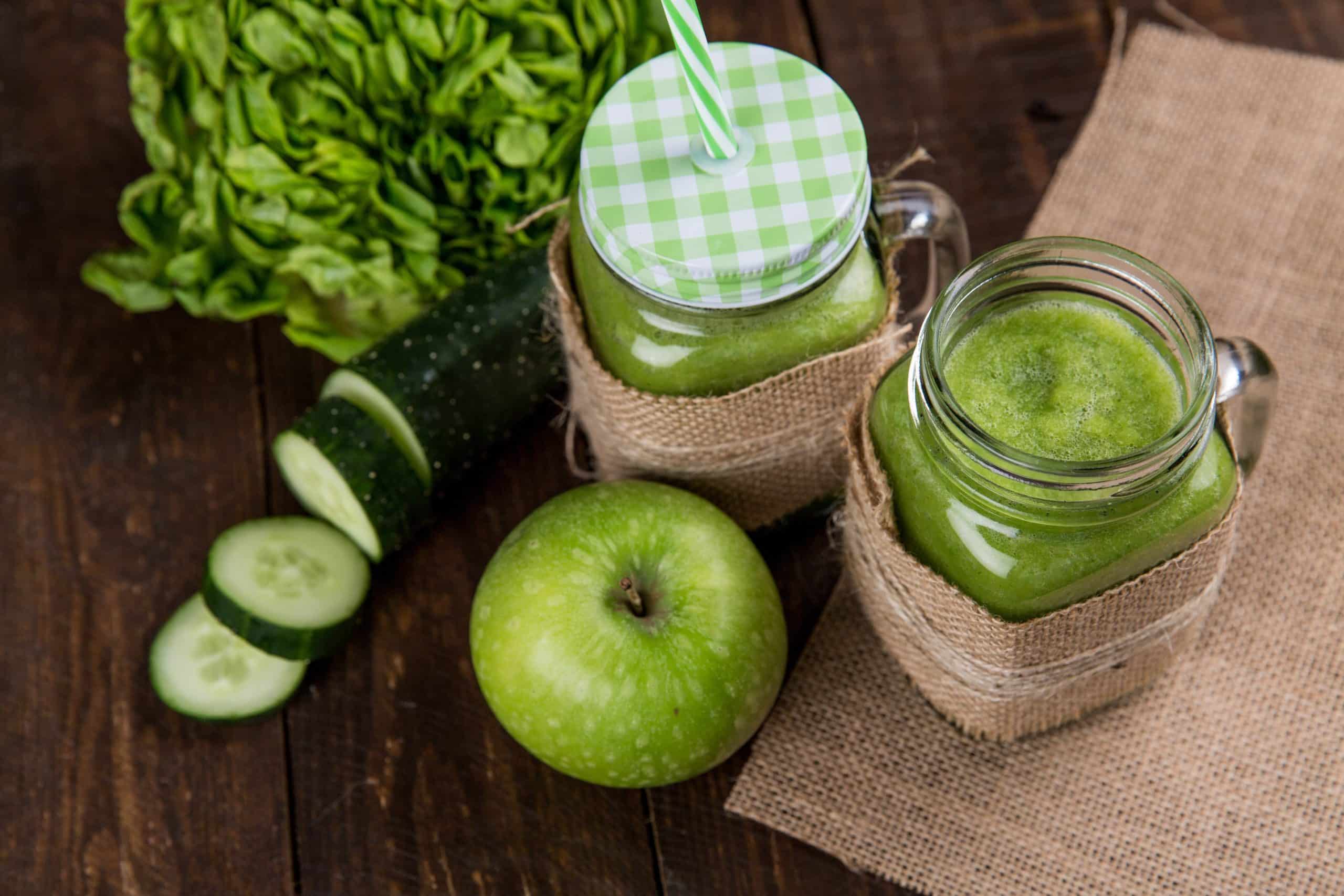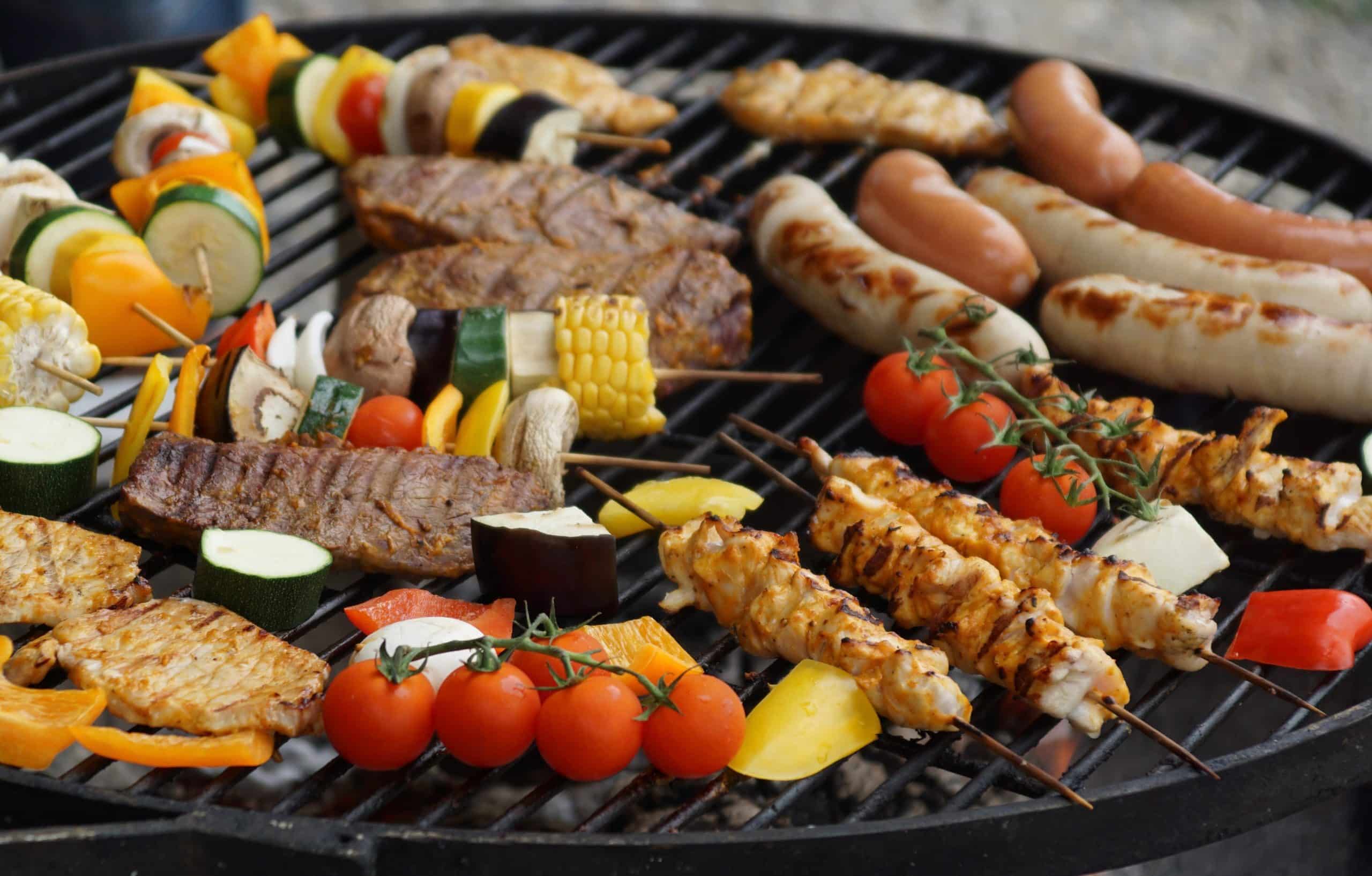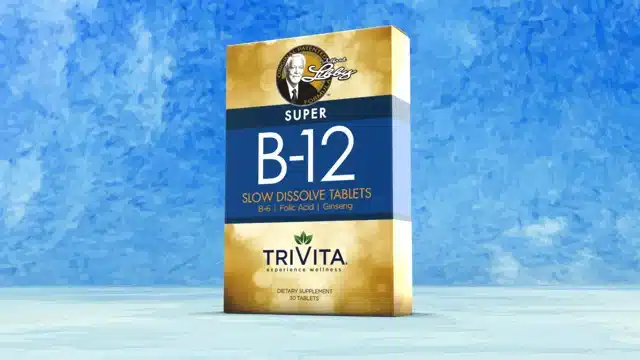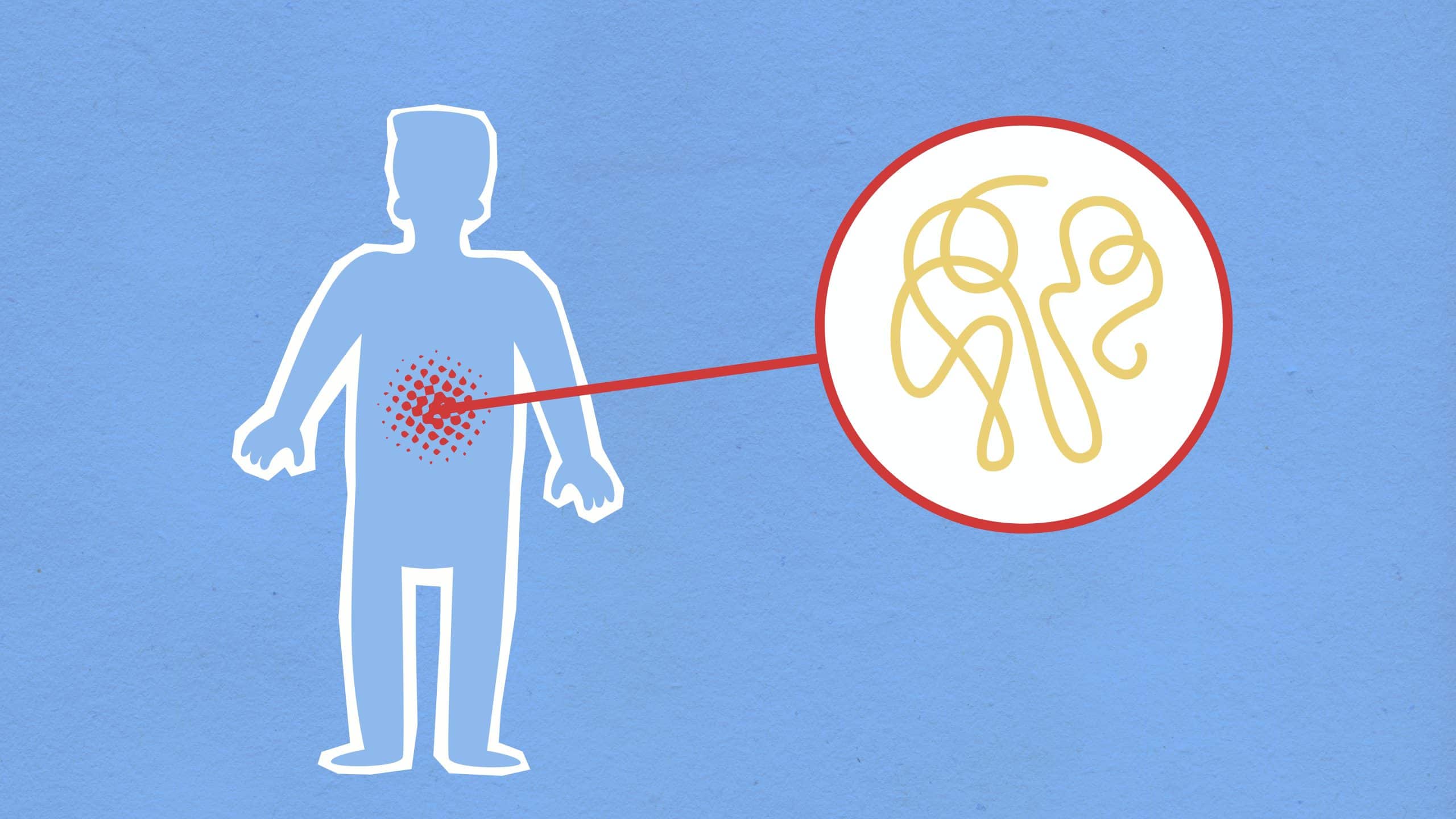Do you know what digestive enzymes can do for your gut health? Learn how digestive enzymes along with prebiotics and probiotics are the keys to optimal gut health!
Poor diets, environmental toxins, hormonal changes, and aging can impact our digestive system, commonly resulting in problems such as 1-2
- Bloating
- Gas
- Heartburn
- Diarrhea
- Nausea
- Vomiting
You can support a well-balanced gastrointestinal (GI) tract by supplementing your diet with prebiotics, probiotics and digestive enzymes. But wait … what are prebiotics you ask? Prebiotics are natural, non-digestible food components that support the growth of beneficial bacteria in your intestinal tract. Think of prebiotics as the “good” bacteria promoters for probiotics to eat and thrive. 3Probiotics are the “good” bacteria (also called live cultures) like those naturally found in your gut. These active cultures help change and/or repopulate intestinal bacteria to balance gut flora. When probiotics and prebiotics are combined, they work together synergistically to support your digestive health, boosting immunity and overall health especially gastrointestinal health. Both prebiotics and probiotics can be found in certain types of food. For probiotics, choose foods that will contribute live cultures such as bifidobacteria and lactobacilli to your GI tract.
What Foods Contain Prebiotics?

What Foods Contain Probiotics?
Probiotics can be found in: Fermented dairy foods: such as yogurt, kefir products, and aged cheeses. Non-dairy foods: such as kimchi, sauerkraut, miso, tempeh, and cultured non-dairy yogurts.
When Food Isn’t Enough
Do you need extra supplement support beyond food? Try our MyFloraDaily products.


Sources:
- http://ehp.niehs.nih.gov/121-a276/
- https://www.womenshealth.gov/files/assets/docs/the-healthy-woman/digestive_health.pdf
- http://www.eatright.org/resource/food/vitamins-and-supplements/nutrient-rich-foods/prebiotics-and-probiotics-the-dynamic-duo

